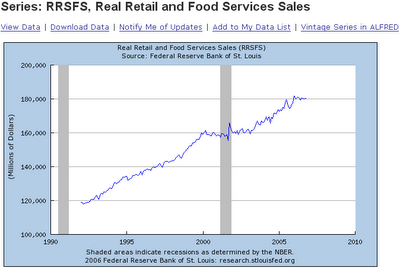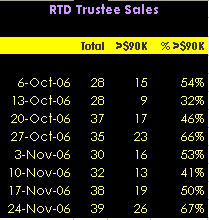Non investing post, but somewhat relevant in a chaotic way.
Today I found Cara Cara oranges at Costco!
I also found $12.99 beef tenderloins that you used to be able to find every week for $9.99 per pound. I'm not sure if I'm levying an allegation price gauging (or indeed inflation), but c'mon--that's a 30% increase! I elected to get a rib roast at $8.29 (bone in) per lb.
My habit the last few years is to have a formal dinner (where we dress informally) for New Year's. My greatest pleasure in life (besides being a perfect mother and wife (HAH!)) is to feed people--to feed people interesting things that they might not otherwise find on their own. I think that is Bill's passion as well. He feeds us stuff that we might not otherwise have the skill or imagination to prepare for ourselves. For that I am grateful. This banquet has been a glorious one.
Within the last two weeks, my beloved cat, Theo, has gone missing as has our revered Tradesman. I don't think that Theo will show up--we live among hostile things (well, Theo was pretty hostile, too, if you were small, furry and scurried). Perhaps our sage Tradesman will utter a peep for us and assuage our concern; otherwise his absence is a chasm not easily filled.
The New Year is always a cathartic event: wipe the board and clap the erasers--just don't choke on the chalk cloud! Just think how much more progressive we would be if we treated each day as if it were the start of a New Year. Perhaps that will be my sole resolution--a powerful one I think.
Though I cannot invite you to my home, I can invite you to my virtual meal: Standing Rib Roast with Rosemary Thyme--find it here: http://www.epicurious.com/recipes/recipe_views/views/15824
Shrimp on Boston Bibb Lettuce with green apple and garlic sauce; Zinfandel roasted shallots; Pear and Pomengrant Salad (http://www.bittersweetbistro.com/pearpom.html) with Walnut Vinaigrette and Balsamic Glaze. I'm not sure that I'll find merchantable poms, but I'll substitute dried cherries or currants; Potatoes Dauphonise; chocolate almond torte. We're having a Red Zinfandel with dinner--a little digression from the Bordeaux's and Cab's that I generally serve. With the appetizer course, I'm serving a Larus Viognier/Rousanne. Champagne of midnight (nothing expensive) if we can keep our eyes open long enough.
My son says that when we have these parties (and they are small, no more than 10 people including us) he's never heard people laugh so loudly. Laughing is life's elixir, though it is amazing how few imbibe it.
Of course being from the South, NY day is black eye peas--and you cannot have black eyed peas without a beautifully cured Virginia ham and some some collard or kale greens. Oh the pleasures of being in a place where barbecue is a noun and not a verb!
I appreciate all of the generosities enjoyed here from Bill and respondents. For those of you lurking, I encourage you to make a resolution to make ONE COMMENT to this blog in the New Year.
So may every day be the start of a New Year for each of you, and may you drink frequently from the cup of laughter. Happy New Year to all!




























